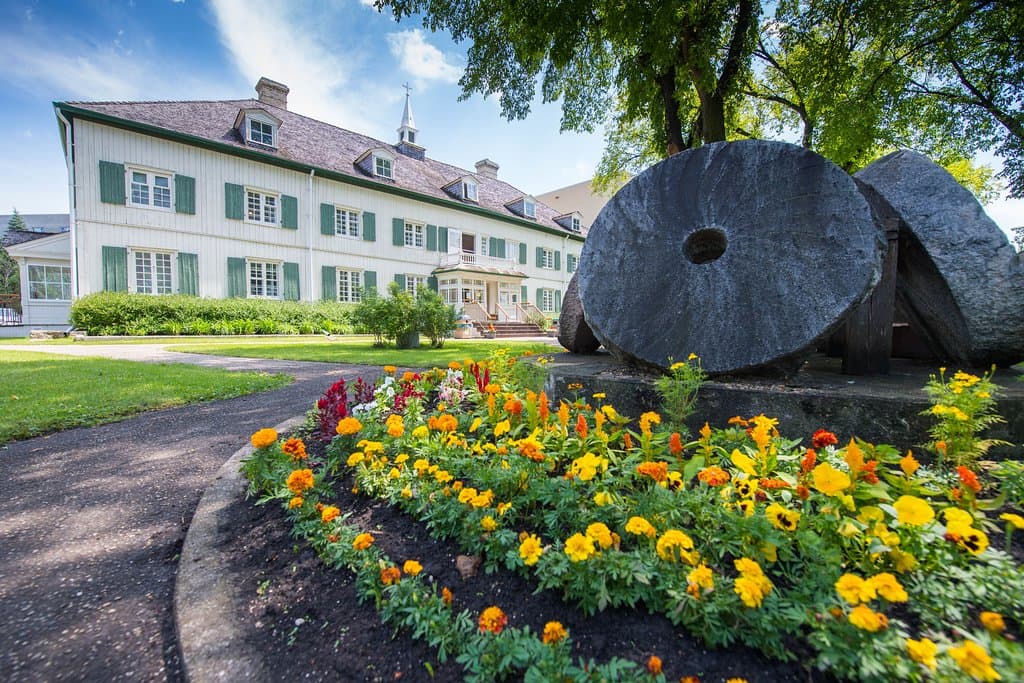
St. Boniface Museum
Explore Manitoba's French Quarter at the St. Boniface Museum, housed in Western Canada's oldest wooden building, featuring Métis history and Grey Nuns...
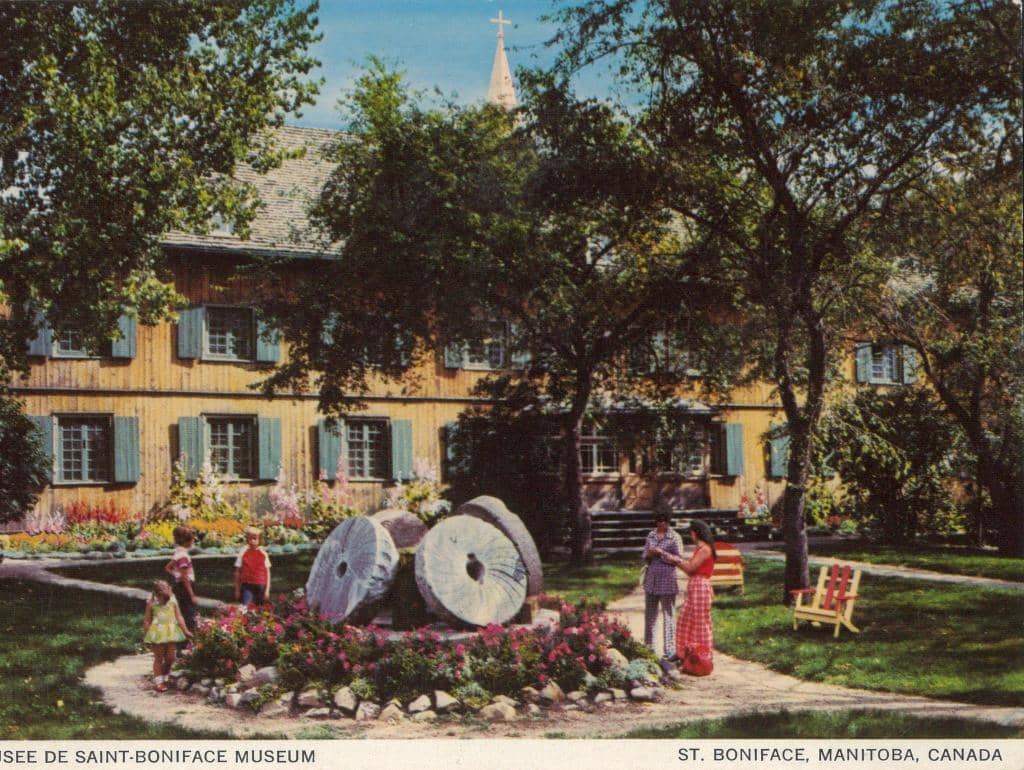
Highlights
Must-see attractions

Social
From TikTok & Reddit
Best Time
Fewer crowds, more personal tours

St. Boniface Museum
Best Time
Fewer crowds, more personal tours

Highlights
Must-see attractions
Explore Manitoba's French Quarter at the St. Boniface Museum, housed in Western Canada's oldest wooden building, featuring Métis history and Grey Nuns' legacy.
"Wow. I went here with no expectations at all and it ended up being a highlight of my trip to Winnipeg!"
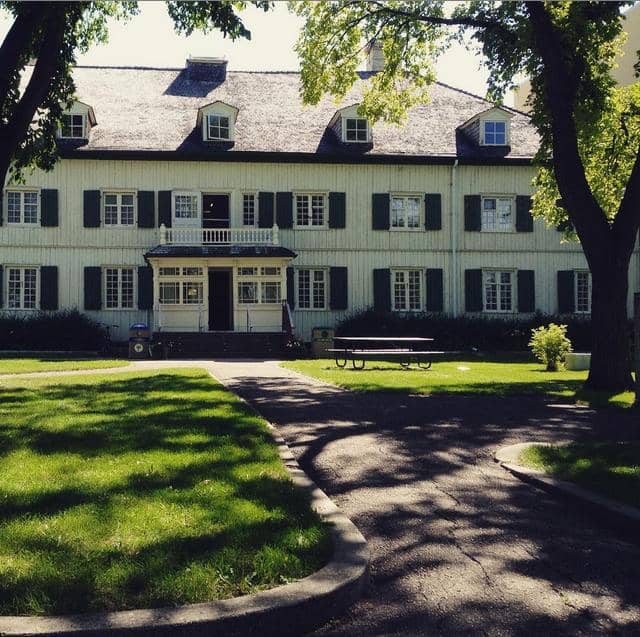
Free Tours Available!
Ask about free tours; they offer incredible insights into local history. :informationdeskperson:
Chat with the Staff
Staff are incredibly knowledgeable and passionate. :speech_balloon:
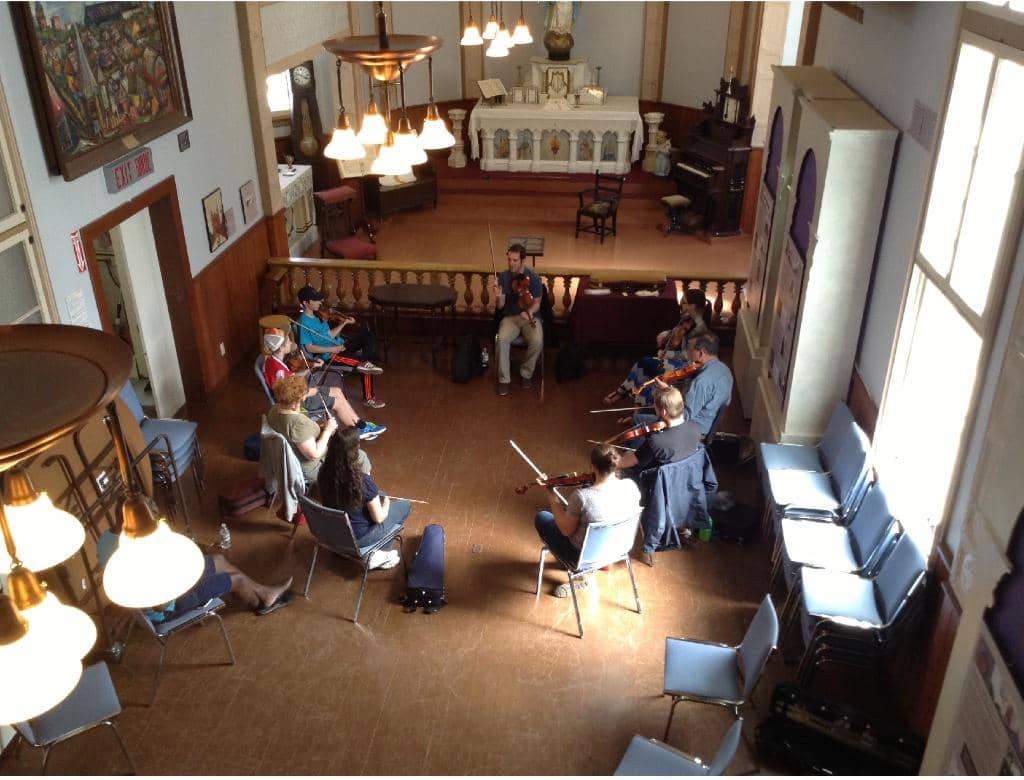
Highlights
Discover the most iconic attractions and experiences
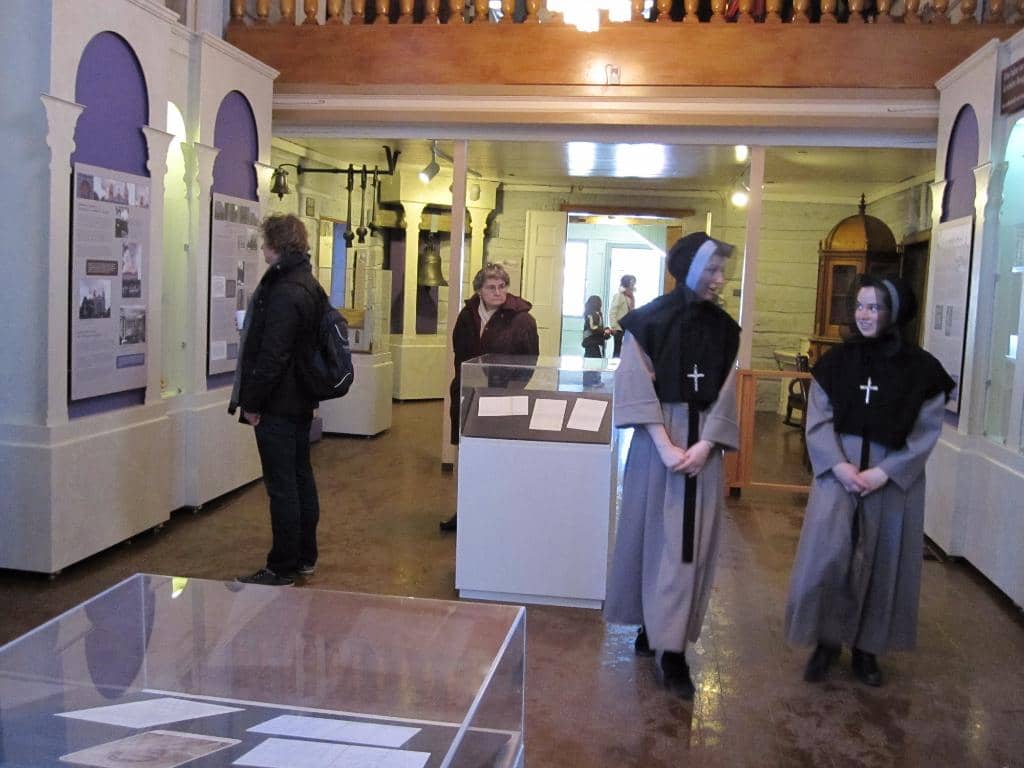
Oldest Wooden Building in Western Canada
The Museum Building
Step back in time in this historic 1844 structure, a testament to early Western Canadian architecture.
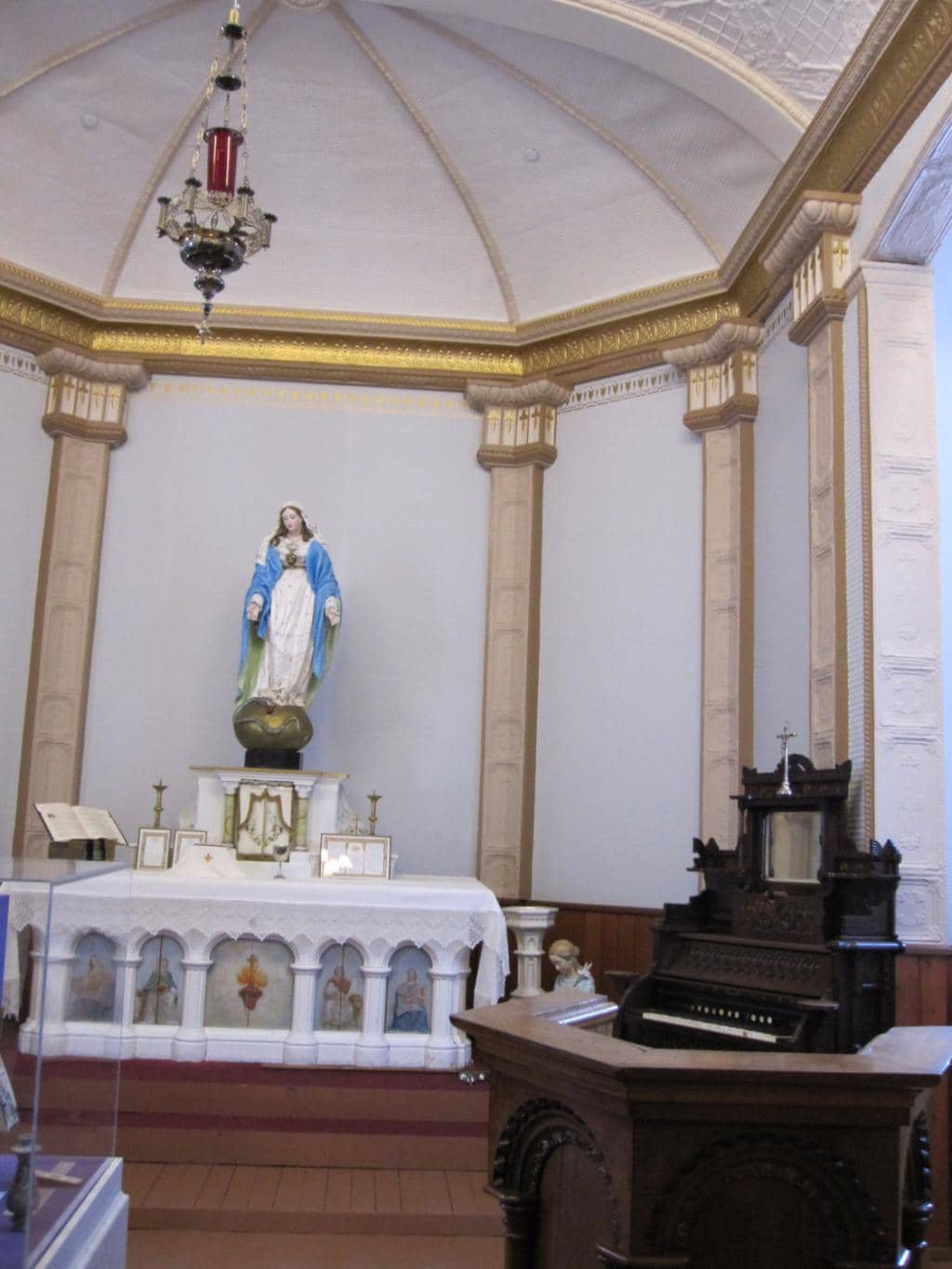
Louis Riel Collection
Dedicated Exhibit Space
Explore artifacts and stories of the Métis leader, Louis Riel, a pivotal figure in Canadian history.
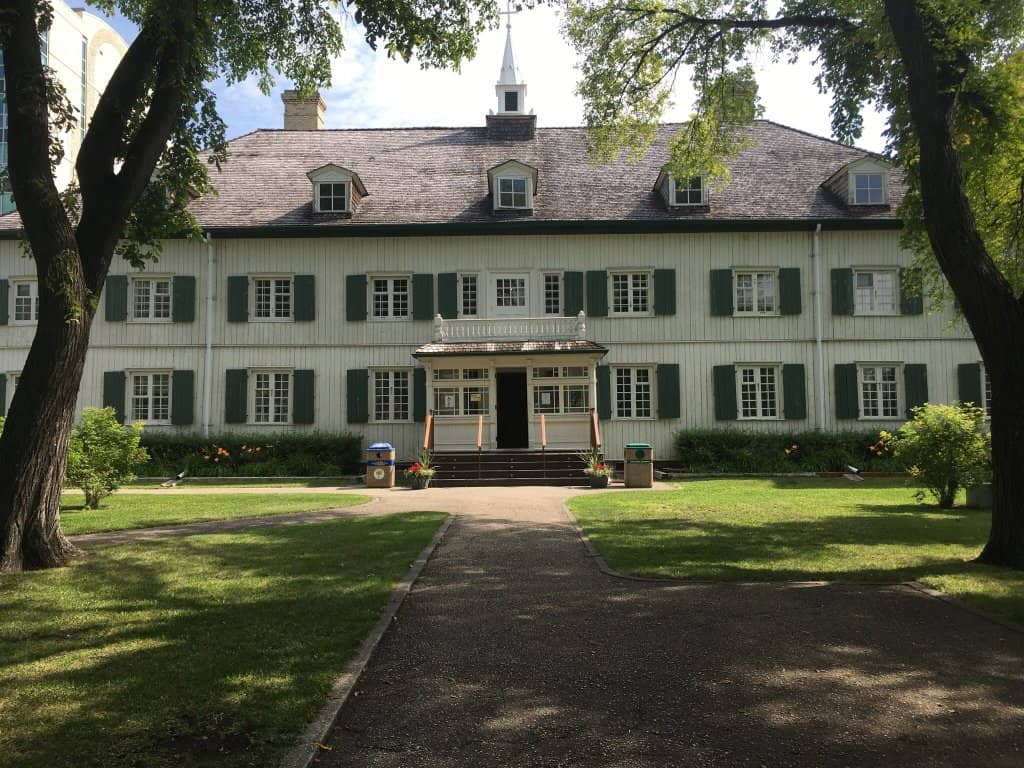
Grey Nuns' Legacy
Exhibit on the Grey Nuns
Discover the profound contributions of the Grey Nuns to the community and the development of Western Canada.
Plans like a pro.
Thinks like you
Planning Your Visit
Embrace the French Quarter Charm
Timing is Key for Deeper Dives
Best Times
Insider Tips
from TikTok, Instagram & Reddit
Free Tours Available!
Ask about free tours; they offer incredible insights into local history. :informationdeskperson:
Chat with the Staff
Staff are incredibly knowledgeable and passionate. :speech_balloon:
Don't Miss the Gift Shop
Find unique books and souvenirs, including items related to Métis culture. :gift:
Explore St. Boniface
Combine your museum visit with a stroll through the charming French Quarter. :walking:
Tips
from all over the internet
Free Tours Available!
Ask about free tours; they offer incredible insights into local history. :informationdeskperson:
Chat with the Staff
Staff are incredibly knowledgeable and passionate. :speech_balloon:
Don't Miss the Gift Shop
Find unique books and souvenirs, including items related to Métis culture. :gift:
Explore St. Boniface
Combine your museum visit with a stroll through the charming French Quarter. :walking:
Check for Special Events
Summer markets offer local artisans and food trucks. :sunny:
What Travellers Say
Reviews Summary
Visitors consistently praise the St. Boniface Museum for its knowledgeable and passionate staff, who bring history to life through engaging tours. The museum's focus on Louis Riel and the Grey Nuns, housed in Western Canada's oldest wooden building, is a significant draw. While some have experienced less personalized tours with few attendees, the overall sentiment is one of appreciation for the rich cultural heritage preserved here.
"WOW! The staff was very knowledgeable and helpful, and lovely to visit with! The Museum did an amazing job showing the work of the Grey Nuns and the biography of Louis Riel. Definitely take time to watch the videos. Great gift shop too!."
Denise Roth
"Nice museum on French-Canadian history and the oldest wooden building in Western Canada, as far as I know. 1844 or so, I believe. Many artifacts from different periods including a lot on Louis Riel who is buried nearby at the Cathedral, along with many of his family members. Staff is always helpful and there's a small store with books, souvenirs, etc."
Albert Riezebos
"I'm a Métis visitor from Calgary and this is my first time in Winnipeg. We came for a conference, not for sight seeing, but this museum was on my list of must see things. We only had time to come today, which was our last day in Winnipeg, but by the time we arrived the exhibit was closed. We were so lucky to have found Chloe, as she agreed to let us in to see the artifacts and then browse her gift shop, even though she had other places to be. She went above and beyond to make sure we were able to see the important pieces of our culture, and it meant a lot to us that she was willing to dedicate her own time. She did not even try to rush us, but gave us ample time with the Louis Riel collection and the gift shop. While the collection may be smaller than the original museum, we must preserve our artifacts as much as we can, and sometimes that means they will not be available for public viewing. It just means that we will have to book another trip to Winnipeg, particularly to Saint Boniface, to do further sight seeing of Métis culture.
I cannot thank Chloe and the Saint Boniface Museum team enough for what they did for us today.
Ps. The shop cat was a bonus, I am missing my cat at home and Dory (spelling?) provided me with a great joy that I've been missing for a few days."
Holly Anghel
What People Like
What People Dislike
Frequently Asked Questions
🚇 🗺️ Getting There
The St. Boniface Museum is located in Winnipeg's French Quarter. You can reach it by car, with parking available nearby. Public transit is also a convenient option, with several bus routes serving the area. Many visitors enjoy walking through the St. Boniface neighborhood to reach the museum, taking in the sights and sounds of this historic area.
Yes, public transport is a viable way to reach the St. Boniface Museum. Several Winnipeg Transit bus routes stop within walking distance of the museum, making it accessible for those who prefer not to drive. Check the Winnipeg Transit website for the most up-to-date route information and schedules.
Exploring St. Boniface is best done on foot or by bike to truly soak in the atmosphere. The museum is a central point, and from there, you can wander to discover charming streets, local bakeries like Le Croissant, and historical landmarks. Consider combining your museum visit with a walk through the neighborhood.
Absolutely! The St. Boniface Museum is located near the St. Boniface Cathedral, where Louis Riel and his family are buried. The surrounding St. Boniface area itself is rich in French-Canadian history and culture, with many shops and restaurants to explore.
Yes, there are parking options available near the St. Boniface Museum. Street parking and nearby lots can accommodate visitors arriving by car. It's always a good idea to check for any posted parking restrictions or fees before you arrive.
🎫 🎫 Tickets & Entry
Admission fees for the St. Boniface Museum can vary. While some visitors have reported free entry and tours on certain days or with specific conditions, it's best to check the official museum website or call ahead for the most current pricing and any potential discounts.
The opening hours for the St. Boniface Museum can change seasonally. It's recommended to visit their official website or contact them directly to confirm their current operating hours before your visit to avoid any disappointment.
Booking tickets in advance is generally not required for the St. Boniface Museum, but it can be a good idea during peak tourist seasons or if you're planning a group visit. This ensures your entry and can sometimes help in arranging guided tours.
Some visitors have mentioned experiencing free entry and tours on certain days, particularly if there are enough people for a guided tour. However, this isn't always guaranteed, so it's advisable to inquire directly with the museum about any potential free admission days or special offers.
Yes, guided tours are highly recommended at the St. Boniface Museum. They offer in-depth historical context and fascinating stories that bring the exhibits to life. Madelaine, a tour guide, has been specifically praised for her dynamic and casual tours.
🎫 🏛️ Onsite Experience
The St. Boniface Museum houses artifacts related to the history of French-speaking and Métis societies in Manitoba. You'll find exhibits on the Grey Nuns, the life of Louis Riel, and the early settlement of the region, all within the oldest wooden building in Western Canada.
The museum offers a glimpse into history that can be educational for children, especially when combined with engaging tours. While exhibits focus on historical artifacts, the stories of figures like Louis Riel can capture their imagination. Consider the age and interest level of your children.
A visit to the St. Boniface Museum can range from 1 to 2 hours, depending on your interest level and whether you take a guided tour. If you plan to explore the gift shop and fully absorb the exhibits, allow ample time.
While the museum primarily features historical artifacts and displays, the guided tours offer an interactive element through storytelling and discussion. Watching the provided videos is also a key part of understanding the exhibits.
Photography policies can vary. It's best to check with museum staff upon arrival or look for signage regarding photography rules. Some exhibits may have restrictions to protect the artifacts.
🍽️ 🍽️ Food & Dining
Yes, the St. Boniface Museum is located in a vibrant neighborhood with several dining options. You can find local bakeries, cafes, and restaurants offering a taste of French-Canadian cuisine. Pasquale's Restaurant and Mrs. Mike's are local institutions in the area.
St. Boniface offers several spots for breakfast. You can find charming cafes and bakeries that serve delicious morning meals. Le Croissant is a well-loved artisan bakery in the area.
St. Boniface, being Winnipeg's French Quarter, offers a taste of French-Canadian cuisine. Expect to find delicious pastries, traditional dishes, and local specialties. Bakeries and bistros are common.
During the summer months, the St. Boniface Summer Market on Thursday evenings features local food trucks, artisans, and makers, offering a great opportunity to sample local treats and shop.
For a classic experience, Mrs. Mike's is a long-standing diner known for its burgers and fries. Pasquale's Restaurant has been a local favorite since 1977. Le Croissant is renowned for its artisan baked goods.
📸 📸 Photography
The museum building itself, with its historic architecture, offers great photo opportunities. Inside, the artifacts and exhibits, particularly those related to Louis Riel and the Grey Nuns, provide compelling visual stories. The surrounding St. Boniface neighborhood also offers picturesque scenes.
Photography policies can vary within the museum. It's advisable to check for signage or ask staff if photography is permitted inside the exhibits to ensure you comply with their guidelines.
The 'golden hours' – early morning and late afternoon – often provide the best natural light for photography in St. Boniface, highlighting the charming architecture and streets. Summer evenings can also be lovely, especially if there's a market.
The St. Boniface Cathedral ruins and the adjacent cemetery are very photogenic. The historic streets of St. Boniface, with their unique architecture and French signage, also make for great shots.
A versatile lens, such as a 24-70mm, is useful for capturing both the architectural details and wider street scenes. A prime lens can be great for low-light interiors or for creating bokeh. Don't forget a wide-angle lens for capturing the grandeur of the cathedral ruins.
For Different Travelers
Tailored advice for your travel style
👨👩👧 Families with Kids
To enhance the experience for younger visitors, focus on the visual aspects of the museum and the stories of daily life in the past. Combining the museum visit with a walk through the St. Boniface neighborhood, perhaps stopping for a treat at a local bakery, can make for a well-rounded family day.
🇫🇷 Francophiles & Culture Enthusiasts
Beyond the museum, explore the neighborhood's French character. Visit local bakeries for authentic pastries, seek out restaurants serving traditional Quebecois or French-Canadian fare, and listen for the French language spoken in daily interactions. The St. Boniface Summer Market is also a great place to connect with local artisans and experience the community's vibrant culture.
📚 History Buffs & Researchers
Pay close attention to the exhibits on Louis Riel and the Grey Nuns, which offer deep insights into pivotal moments and figures in Canadian history. The detailed artifacts and accompanying narratives provide a rich foundation for research or personal exploration. Don't hesitate to engage with the knowledgeable staff, who can often provide additional context and point you towards further resources.
Deep Dives
In-depth insights and expert knowledge
The History of St. Boniface
The area played a crucial role in the development of Manitoba, particularly through the leadership of Louis Riel, a Métis leader and political figure who is a central focus of the museum's exhibits. His legacy is deeply intertwined with the history of St. Boniface and the broader struggle for Métis rights in Canada. The museum also highlights the significant contributions of the Grey Nuns, who established a convent and hospital, providing essential services to the community.
Officially becoming part of Winnipeg in 1971, St. Boniface continues to be a vibrant center for French-Canadian and Métis culture. The St. Boniface Museum serves as a vital custodian of this heritage, preserving artifacts and stories that connect the past to the present. Visitors can explore exhibits that detail the lives of early settlers, the challenges they faced, and the cultural traditions they maintained, offering a profound understanding of Manitoba's multicultural fabric.
Experiencing St. Boniface Culture
Visitors can further engage with the local culture by visiting establishments that uphold these traditions. Bakeries like Le Croissant offer authentic French pastries, while restaurants such as Pasquale's and Mrs. Mike's represent long-standing local businesses that have become part of the community's fabric. These places not only serve delicious food but also embody the spirit of St. Boniface.
During the summer, the St. Boniface Summer Market provides a lively atmosphere where local artisans, bakers, and food vendors showcase their products. This event is a fantastic way to connect with the community, discover local crafts, and enjoy the vibrant energy of the French Quarter. It's a perfect example of how the cultural heritage of St. Boniface is actively celebrated and shared.
The Significance of Louis Riel
The St. Boniface Museum dedicates significant space to Riel's life and legacy, housing artifacts and information that shed light on his complex journey. Visitors can learn about his political activism, his spiritual beliefs, and his eventual execution, which cemented his status as a martyr for the Métis cause. The museum's collection offers a tangible link to this influential historical figure.
Riel is buried in the cemetery of the St. Boniface Cathedral, alongside many of his family members. This site, along with the museum's exhibits, serves as a place of remembrance and reflection for his enduring impact on Canadian identity and the ongoing recognition of Métis rights and culture.
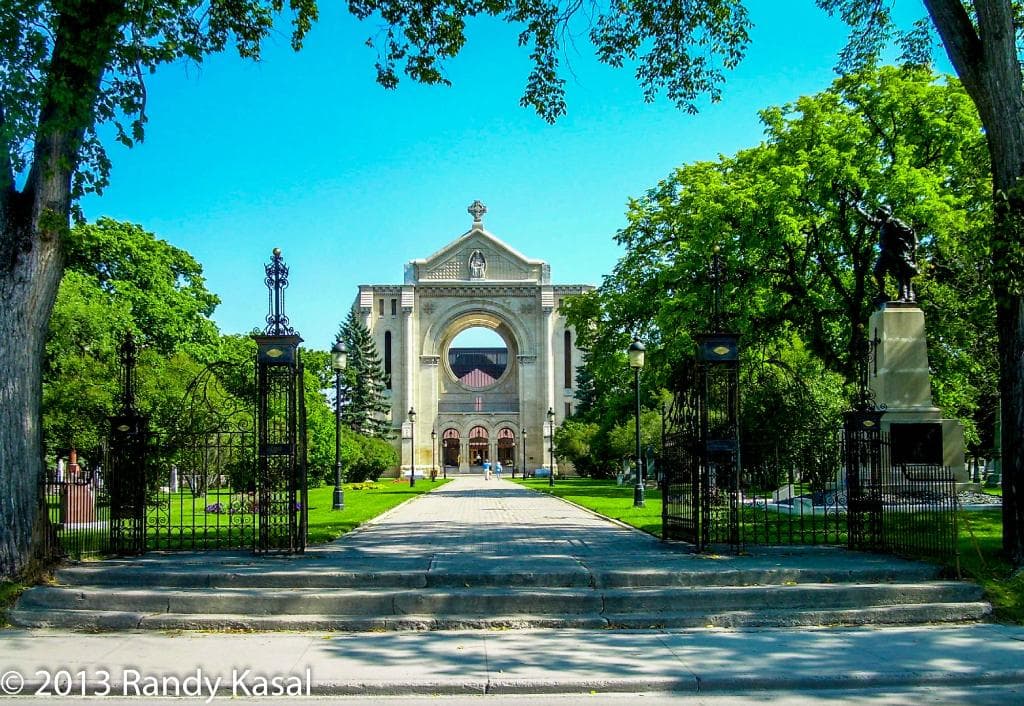
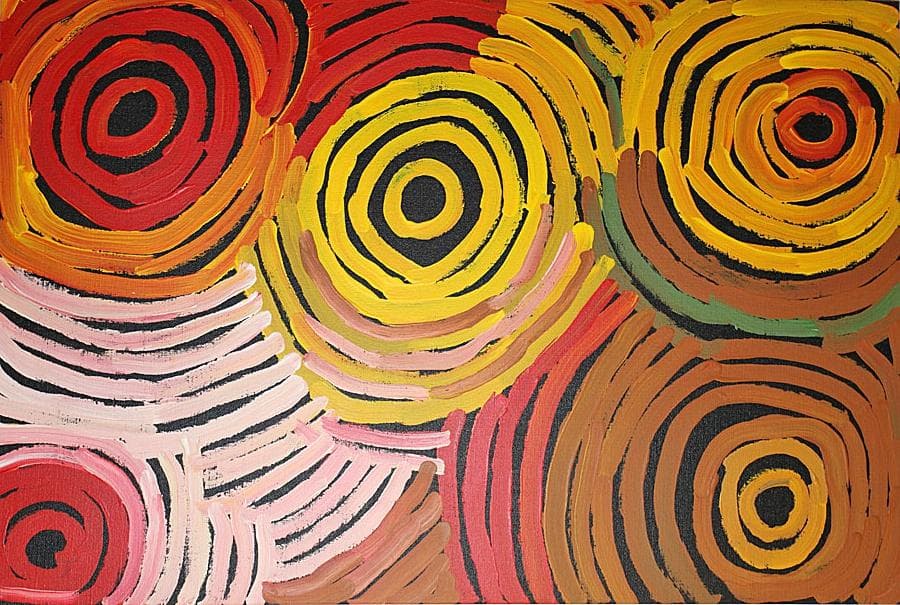

Social
from TikTok, Instagram & Reddit